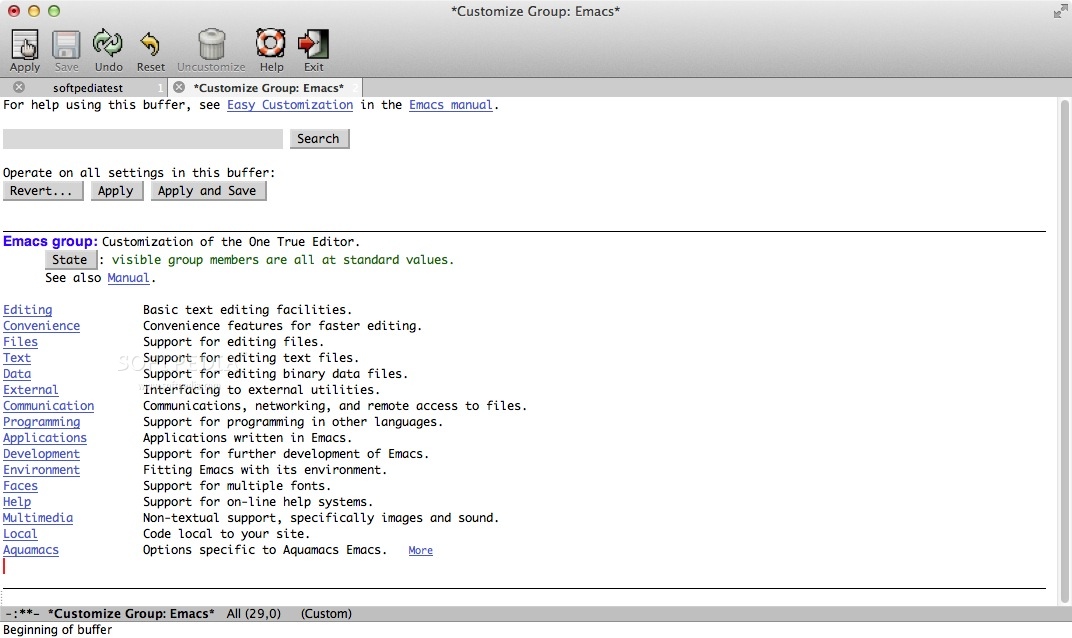
But, in the end, even after several months of usage, I still found myself more productive using simpler editors that just worked well out of the box. There is no question that Emacs is more extensible than TextMate or vim. TextMate might require more keystrokes then Emacs to perform certain editing tasks, but the movements aren't as awkward. For whatever reason, TextMate seems to be easier on my wrists.

In the end, this was throwing gravel into the engine of my productivity.Īnother thing I noticed: my wrists seemed to have more problems when I was using Emacs. Therefore, every time I started up Emacs, something would fail somewhere. When you fiddle with Emacs, some issues don't manifest themselves until the next time you try to start it. Emacs is full of 80% complete features, so lots of things bugged me, constantly requiring my attention to fix. It was a lot of investment, and I found myself thinking "it will get easier, the overhead will go away". I wrote a campfire mode (a chat client for 37 signals campfire right within Emacs), contributed several improvements to a few scripts, submitted a variety of scripts to the ELPA, and otherwise invested a plethora of hours into learning it.Īt first, the cool features that Emacs has kept me going. Leaving Emacs and returning back to my TextMate editing environment has turned out to be a relatively good experience: even though I miss a few features, I don't miss the fiddling. It has a lot of baggage holding it into the past, and I get the feeling it needs to be reborn (an Emacs rewrite in clojure would be awesome).

There are plenty of reasons, certainly! This week, however, I rethought of my decision to switch completely over to Emacs. In a prior post, I articulated why I liked Emacs.


 0 kommentar(er)
0 kommentar(er)
